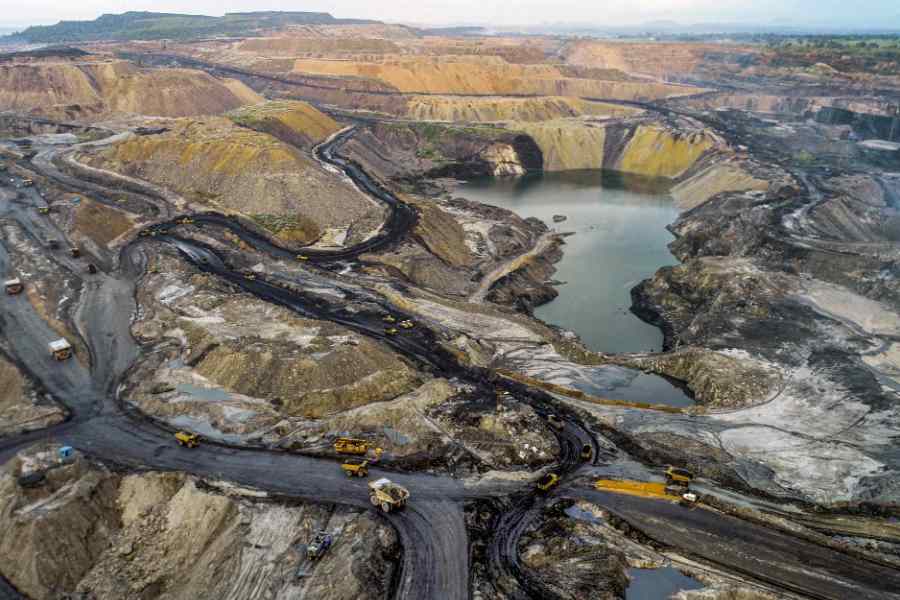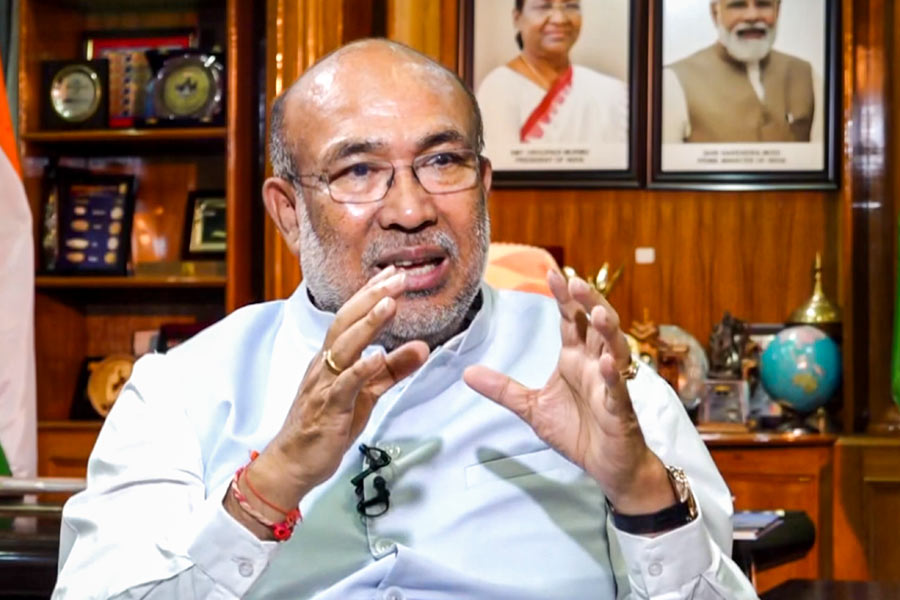A nine-judge constitution bench on Thursday ruled by 8:1 majority that the states can collect royalties on their mineral wealth, rejecting the NDA government’s stand that the Centre alone has the legislative power to collect the levy.
The majority verdict, authored by Chief Justice D.Y. Chandrachud, also said that these royalties on mining leases do not count as tax.
While the majority verdict rejected the Centre’s exclusive claim over the country’s
mineral wealth, thus ending years of confusion, Justice V. Nagarathna took a divergent view.
She held that royalties on mineral leases do count as tax, and that the Centre alone has the legislative power and competence to collect tax on minerals.
The judges concurring with the CJI were Justices Hrishikesh Roy, Abhay S. Oka, J.B. Pardiwala, Manoj Misra, Ujjal Bhuyan, Satish Chandra Sharma and Augustine George Masih.
The majority judgment said that royalty is not a tax but a “contractual consideration paid by the mining lessee to the lessor for enjoyment of mineral rights”.
The liability to pay royalty arises out of the contractual conditions of the mining lease, and the payments made to the government cannot be deemed a tax merely because the statute provides for their recovery as arrears, it added.
However, the majority judgment did not explicitly rule on whether the states can impose tax on minerals, as opposed to royalties.
It also said that Parliament can still legislate “any limitations” on the states’ power to impose levies on minerals.
The bench was answering a reference made by a three-judge bench in 2011 following different rulings by two constitution benches, in 1990 and 2004.
In 1990, a seven-judge constitution bench ruled in India Cements vs State of Tamil Nadu that the central government alone could tax minerals as they count as national wealth.
But in 2004, a five-judge constitution bench took a contrary view in State of West Bengal vs Kesoram Industries, expressing doubt about the 1990 ruling and holding that the states have the power to levy royalties on mineral wealth.
The nine-judge bench, while interpreting various articles of the Constitution besides the Mines and Minerals (Development and Regulation) Act, 1957, overruled the 1990 verdict.
Gopal Mundhra, partner, Economic Laws Practice, said: “The judgment significantly bolsters the states’ authority in mineral taxation. It affirms that the states can use mineral yield or value as a measure to tax mineral rights and mineral-bearing lands, and that the MMDR Act does not impose limitations on the states’ taxing powers.”
He added that the judgment would have “an adverse effect” on the pending petitions challenging “the levy of GST or service tax on mineral royalties”.
“The only relief the mining community may hope for is that the government, considering the industry practice and the uniformly adopted GST position, issues a GST exemption notification under the recently introduced Section 11A of Central Goods and Service Tax Act, 2017,” he said.
PTI adds: After the 2004 verdict by a five-judge bench, state legislatures had imposed taxes on mineral-bearing land. States such as Rajasthan and Uttar Pradesh also sought to impose environment and health cess and fees for transporting coal and coal dust collected from their mines.
The constitutional validity of these levies was challenged before various high courts on the ground that they were beyond the legislative competence of the states and violated the 1990 judgment.
More than 80 petitions on the matter were filed before the Supreme Court over the years.
Additional reporting by our business bureau











